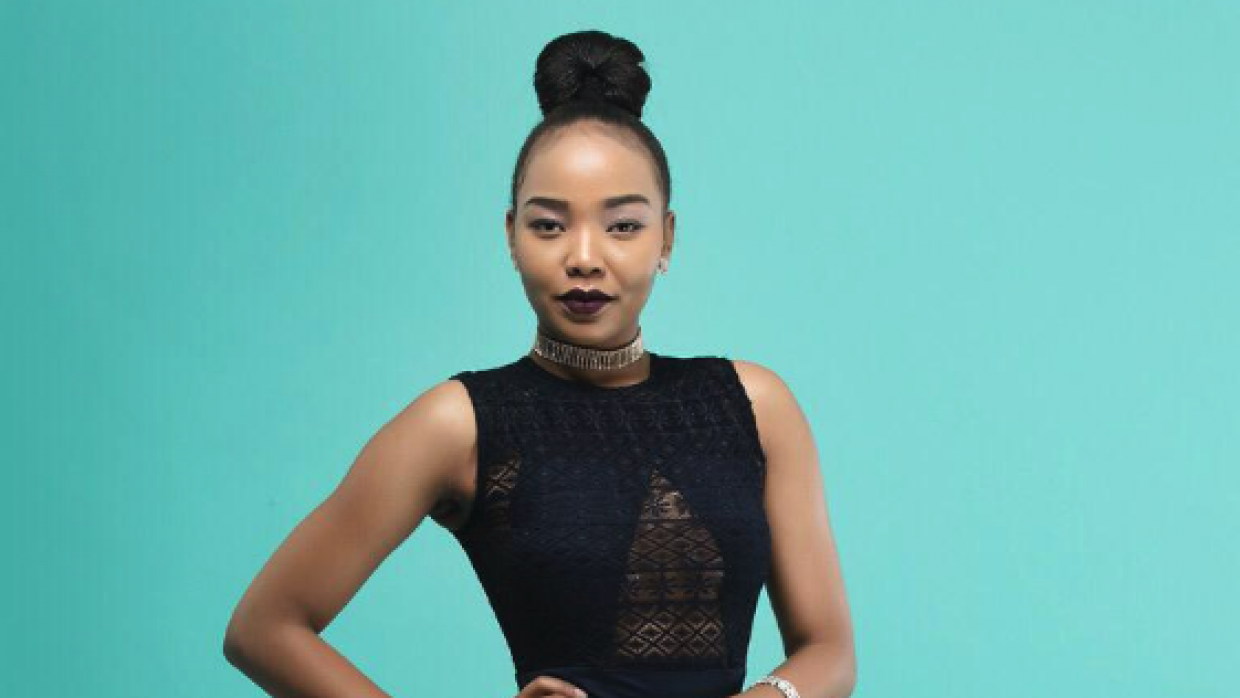
22 December 2017
INTERVIEW: The world according to Serah Ndanu
Serah Ndanu Teshna was raised in the entertainment industry. She started acting at age six, won her first major award – Kalasha – in her debut film role and then, after a two-year hiatus, morphed into a femme fatale in Sumu la Penzi, a character who quickly became a fan-favourite.
She’s currently stirring up drama as Trizzy in M-Net’s Sue na Jonnie, a comedic vixen role that would look quite interesting in her portfolio if she were ever given a chance to be on Game of Thrones (S1-7 currently on Showmax). Serah would love to play Khaleesi, the Mother of Dragon herself. “Khaleesi has a personality that matches mine and I love the execution of her character; I think it’s a very tough role,” says Serah.
Serah would also be interested in playing Mary Jane from Being Mary Jane.“Not just because of Gabrielle Union but also because I love playing characters that are very relatable. There’s nothing as good as someone calling you or reaching out on Twitter to tell you that they are going through exactly what you are tackling on your show. I think that is my greatest satisfaction as an actor,” says Serah.
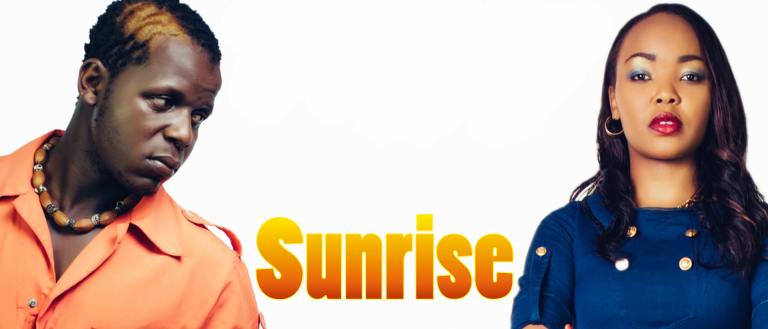
Image: AFL
You can see Serah in an entirely different role in Sunrise, which is currently available for streaming on Showmax. We took some time out to chat to Serah about the variety of roles she’s played over the years.
- Tell us about your role in Sunrise?
I play Soni, this girl from the ghetto who went to the UK for further studies after the community fundraised for her education. She comes back to a big reception; everyone is celebrating not knowing that she didn’t complete her studies. She got involved with some drug cartels and is back because she was deported and is also running away from this Nigerian guy who runs the cartel. The show is basically about Soni trying to ‘run away’, balance her life and she has to put on an act because she doesn’t want to let the family and the entire community down.
- For 3 years, you played Mariam on Sumu la Penzi, a role that you are well-known for. Did that have any influence on you playing Soni since Sunrise was your next project?
The biggest challenge for an actor is to switch to a different role when you’ve been playing another role for a long time. I played Mariam for quite a long time, and the character basically became me. So switching from Mariam to Soni was very hard because I had to speak like a ghetto girl, act like a ghetto girl and convince the world that I am indeed from the ghetto.
- How did you overcome this challenge?
I can say it was professionalism. I also had such a good director who gave me the vision of exactly what they wanted to achieve from Soni. Being in that particular ghetto-like setup and getting to mingle with others – we used to visit the nearest ghetto slum to see what life in the slums was like – really helped me a lot.

Twisted. Image: AFL
- What about your role in Twisted?
I play Billy, an uptown girl, a go-getter and a lawyer, determined to bring down an old friend. I played Soni at the same time I was playing Billy in Twisted, and had to switch from one character to the other so many times.
- How did you manage to change back and forth between two different characters?
I think I have been trained on how to snap out of being one person and move to another. Again, it all depends on the director and how they make you understand your character. When I got to the Sunrise set, everything about me would change, I’d even forget that I’m Serah and assume my Soni role completely. When I leave the set, Serah would just come back. But sometimes, you can lose yourself or confuse your characters because those are so many personalities all at once – Soni, Billy and I. If you have a good director, who ensures that you are sticking to the script, then it becomes all so easy.
- Which one of your many roles are you most proud of?
I can’t say I have a favourite because I bring something new to each character. But I was very close to Mariam in Sumu la Penzi because that was my very first Swahili show. There was that excitement of doing a show set in the city and in Swahili. And also the fact that a lot of people could relate to the role. Even now, I meet people who ask when we are resuming production. People are so attached to her, and it’s the same thing with Trizzy, my character in Sue na Jonnie. On the other side, there is also Soni, a character that I loved playing because people didn’t expect me to take on a role of a ghetto girl.
- Looking at your roles, you’ve cut yourself a specific niche that could be described as a femme fatale role, what do you think about that?
At the end of the day it’s all about telling the woman’s story and I, for sure, am a very staunch feminist. I like representing women from different walks of life. It always goes back to relatability – can someone identify with your character? People are tired of society trying to shape women to become a certain way – how about we tell our stories the way we want to?
- Sunrise and Twisted are currently available for streaming on Showmax, together with so many other local shows and movies. What opportunities do internet-streaming platforms like Showmax offer to Kenyan actors and to local content?
The biggest challenge we had as young actors was platform – sometimes production houses would reject good content saying it wasn’t what their audience were used to. Right now, with online streaming services you can watch anything you want, it’s very accessible and that is exactly what Showmax is doing for us. There are so many shows there that I never thought I could watch or find on local TV stations. When a show is over on TV that’s it, but now with platforms like Showmax you get to revisit some of the best shows ever from Kenya. The platform is also helping us a lot as actors; it’s very good for referrals when applying for new jobs because you can direct someone to check out your past projects on Showmax. And there’s the aspect of local content support.
- Tell us about your acting journey, how did you get into this profession?
I started acting at a very young age and I come from a family of thespians. My mum was a drama teacher and my siblings were actively into acting. It was like a tradition in our home. I didn’t really know that this was the path that I wanted to take until I landed my first role on the show Nairobi Law in 2010. The producers were very impressed and in 2011, I was picked as a lead in The Rugged Priest.
- Looking back, what would you have done differently as an actor when you were starting out?
I think the worst mistake I made was when I won my first Kalasha Award for The Rugged Priest and became very relaxed. You know that mentality of believing that people will now come looking for you because you’ve earned a name. That was the time for me to grow but I took a backseat to reflect on whether I really wanted to pursue acting. This was a big mistake because the minute you are out of people’s sight, they completely forget you. I took two years off before I took on another project and it kind of put me behind and I really do regret it now. I wish I’d be taken back to that point when I won the awards and from there onwards I’d just push myself as a brand.
- How’s has the film industry in Kenya transformed from when you started until now?
I got into the industry at a good point when it was going through a transition and actors were being recognised for their work. I have seen the industry grow, but we have a long way to go. One thing that’s pulling us down is quantity; we are still not producing enough content. If we want to take over Africa, that means we have to fight Nollywood, South Africa and even our neighbours Tanzania. Look at the number of movies they are producing per year, and then look at Kenya. We can count with one hand the number of movies we are producing annually, which is unfortunate.
At the 2017 Kalasha Awards, Kati Kati dominated but what were the other major films that it was competing against it? We still have a long way to go and we need a lot of support. I am happy that people are starting to embrace going to the cinema to support Kenyan films, I just wish we could feed them more. We can’t say people are not supporting local content if we are not supplying them. We have the quality in terms of story-telling and production, we just need the quantity.
- You are currently hosting The Alfajiri Show and starring on Sue na Jonnie at the same time, if you were to pick between hosting and acting, which way would you go?
Acting is my first love and I can never be a better host if I am not a better actor and vice versa. The two go hand in hand; the confidence that you gain from being an actor is the same confidence that you use to boost yourself as a TV host.
- You call yourself an emotional mannequin on social media, what does that mean?
Mannequins are dressed in whatever outfit and just made to stand there. As an actor, just like a mannequin, you are instructed on what to do, how to talk, dress and act for a particular role, but now with emotions.
Original African stories by local talent

The ABC Killer
The ABC Killer is a twisty true-crime documentary series about serial killer Moses Sithole. Stream from 22 July on Showmax.

What if we believed the best can come from here?
Let’s rewrite the rules of what it means to be local.

Untied S1
Untied explores the deeply personal and often complex experience of divorce, told through the voices of women who have lived it. Stream now, with new episodes every Tuesday.

Reckless S1
Reckless follows a pair of young brothers who find themselves at a crossroads when a tragic accident changes their lives forever. Stream now, with new episodes every Monday and Tuesday.
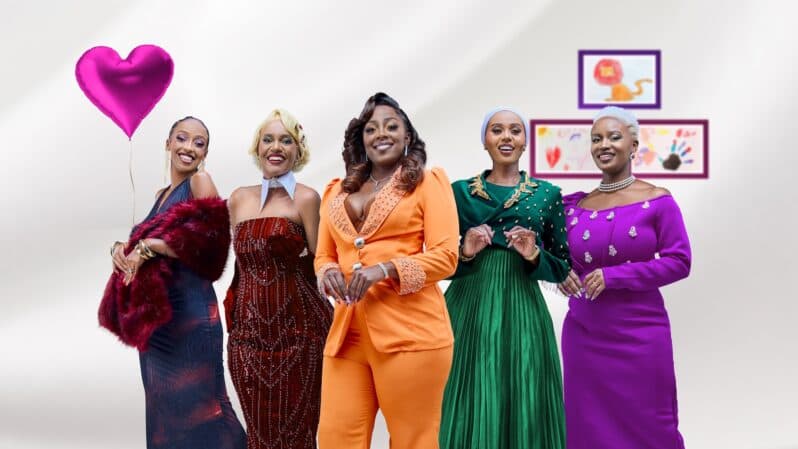
The Mommy Club NBO
The Mommy Club NBO is the fifth instalment of the record-breaking Mommy Club franchise. Stream now, with new episodes every Friday.
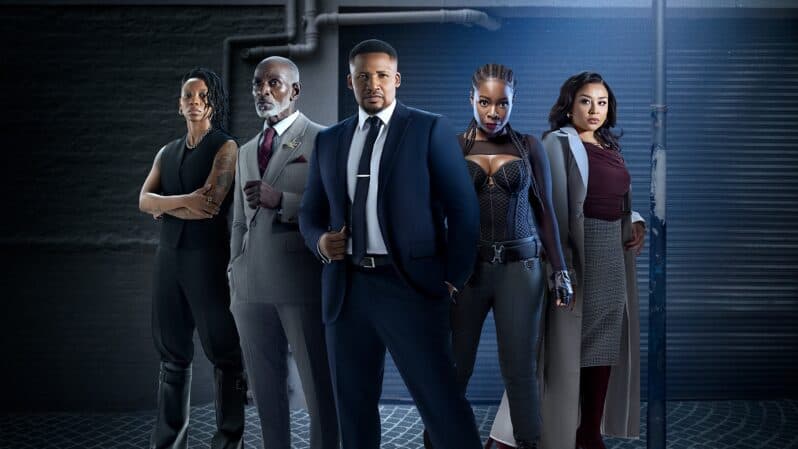
Empini S1-2
Empini is a high-stakes, action-packed drama set in the ruthless, corrupt world of private security. Season 2 is now streaming, with new episodes every Tuesday.
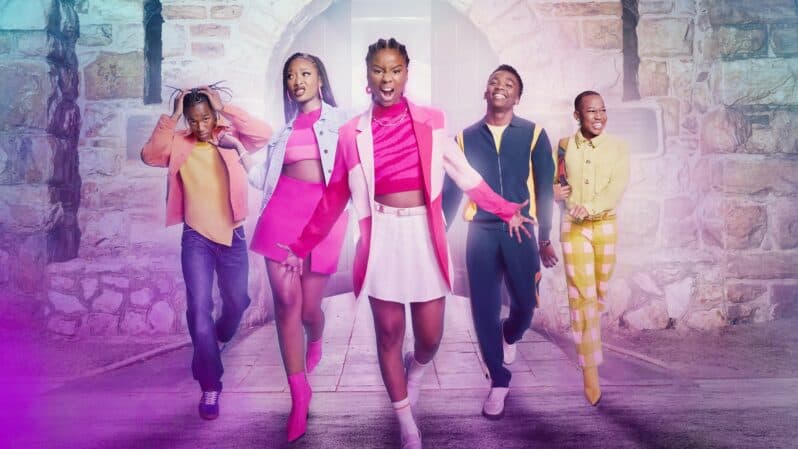
Youngins S1-2
Stream Tshedza Pictures’s first teen drama, Showmax Original Youngins. S1 and S2 are ready to binge.
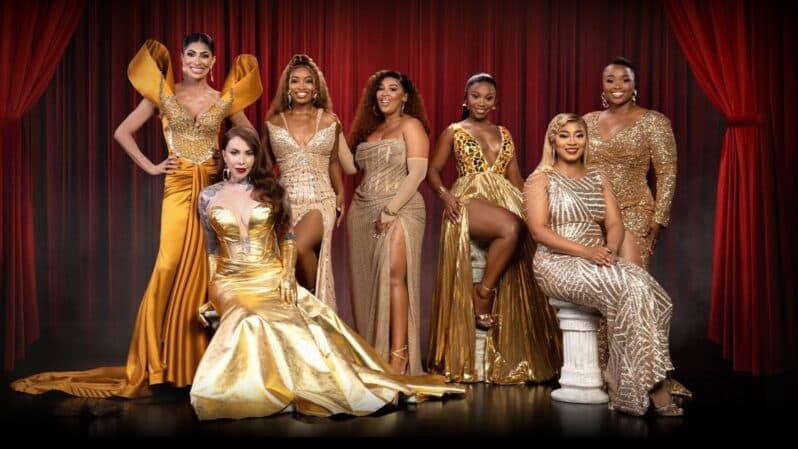
The Real Housewives of Durban Seasons 1-5
Our eThekwini queens serve looks and deliver drama. Stream Season 1-5 now, including all the explosive reunion episodes.
Kabiyesi, now on Showmax
Between Worlds, now streaming
The best of West Africa

Super Falcons kick off WAFCON against Tunisia on Sunday
The Super Falcons of Nigeria kick off 2025 Women’s Africa Cup of Nations against Tunisia this Sunday, 6 July, live on Showmax Premier League.

Big Brother Naija S9: No Loose Guard
Relive all the exciting moments of BBNaija S9: No Loose Guard on Showmax, plus catch the reunion show, streaming from 24 June 2025.

Power, passion and legacy: binge Cheta M S2 on Showmax
Executive producer and showrunner James Omokwe talks about Cheta M S2 and its dramatic finale. All the episodes are now available to binge-watch on Showmax.

Iyanu S1
When a teenage orphan discovers she has magical powers, she embarks on a remarkable journey with her friends to discover the truth about the evil lurking in her homeland.
